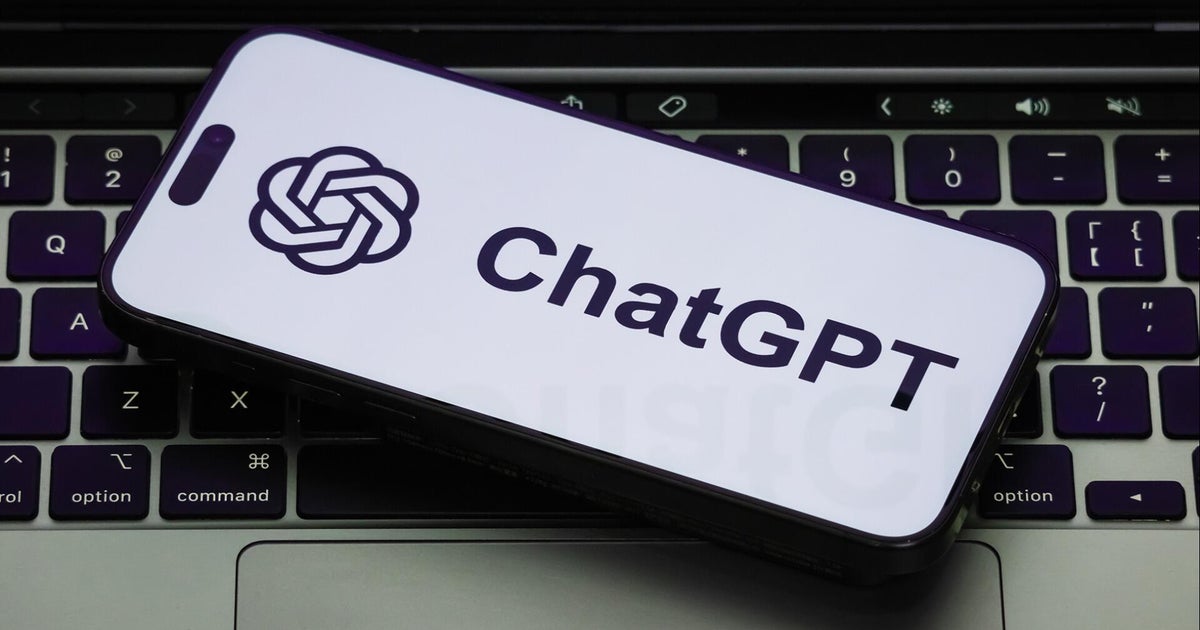The Rise of AI: How College Students Are Embracing Technology in Education
Artificial intelligence (AI) is transforming higher education as students increasingly adopt AI-powered tools to streamline studying, research, and coursework. Over 60% of U.S. college students now use AI applications like ChatGPT for academic assistance, according to a 2024 Intelligent.com survey. While educators debate AI’s long-term impact, this technological shift is reshaping learning experiences across campuses nationwide—raising both opportunities and ethical concerns.
AI Adoption in Academia Reaches Tipping Point
Recent data reveals explosive growth in educational AI usage. A Stanford University study (March 2024) found that:
- 78% of undergraduates have tried AI writing assistants
- 43% use AI weekly for brainstorming or drafting
- 62% believe AI helps them learn faster
“Students aren’t just using AI to cut corners—they’re creating personalized learning systems,” observes Dr. Elena Rodriguez, MIT’s Director of Digital Learning. “From converting lecture notes into study guides to simulating language practice, these tools are becoming the Swiss Army knives of modern education.”
Balancing Innovation With Academic Integrity
As AI usage proliferates, institutions face mounting challenges:
- Detection difficulties: Current AI plagiarism checkers have 15-30% false positive rates (Turnitin, 2024)
- Assessment redesign: 41% of professors now incorporate in-class writing to verify student work (Chronicle of Higher Education)
- Skill concerns: Critics warn over-reliance may erode critical thinking abilities
“We’re seeing a paradigm shift,” notes Columbia University ethics professor David Chen. “The question isn’t whether to use AI, but how to use it responsibly. Our curriculum must evolve to teach AI literacy alongside traditional research methods.”
AI-Powered Learning: Student Success Stories
At the University of Michigan, computer science majors developed an AI tutor that adapts to individual learning styles. “It explains concepts three different ways until I understand,” says junior Priya Kapoor. “My quantum physics grades improved 20% last semester.”
Other transformative applications include:
- Real-time lecture transcription for non-native speakers
- Automated citation generators reducing research time
- Virtual lab assistants that simulate chemistry experiments
The Road Ahead: Policy Gaps and Future Trends
While 68% of universities have implemented some AI guidelines (EDUCAUSE, 2024), most policies remain reactive rather than proactive. Key unresolved issues include:
- Standardizing disclosure requirements for AI-assisted work
- Addressing accessibility disparities in AI tool access
- Preparing graduates for AI-driven workplaces
Industry analysts predict that by 2026, AI integration will become as ubiquitous as calculator usage in the 1980s. “This isn’t a temporary trend—it’s the new normal,” asserts tech futurist Amanda Zhou. “Educational institutions must decide whether to resist this wave or learn to surf it.”
Navigating the AI Education Revolution
As campuses grapple with AI’s implications, students continue voting with their keyboards. The 2024 Pew Research survey found that 55% of Gen Z learners consider AI essential to their academic toolkit—a 22% increase from 2023.
What remains clear is that the education landscape is undergoing irreversible change. Forward-thinking schools are already piloting “AI-aware” curricula that emphasize:
- Ethical application frameworks
- Human-AI collaboration techniques
- Meta-cognitive skills development
For students and educators navigating this transition, continuous learning and policy engagement will be crucial. As one Berkeley professor put it: “The smartest person in the room soon won’t be a person—but the best learners will be those who know how to work with it.”
See more TED Talks World



